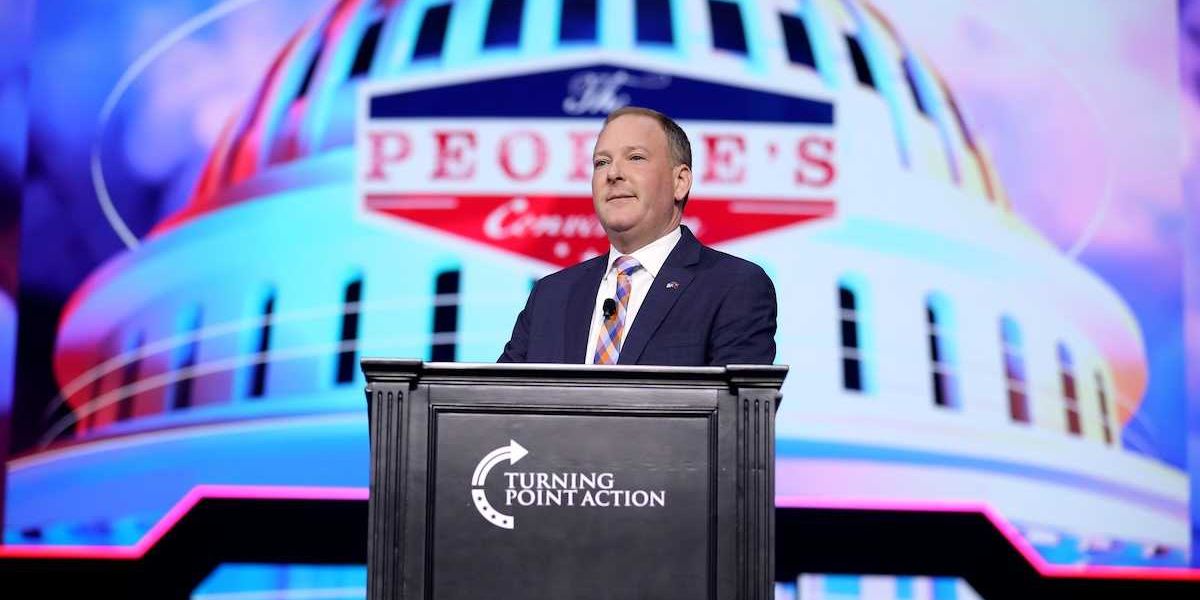new york
New York considers relaxing climate law amid challenges
Governor Kathy Hochul is contemplating easing New York's stringent climate law requirements as the state struggles to meet its renewable energy goals.
In short:
- The 2019 Climate Leadership and Community Protection Act aims for 70% renewable electricity by 2030, but New York may not reach this target until 2033, prompting discussions on relaxing the law.
- State Comptroller Tom DiNapoli's audit criticizes the Public Service Commission for not estimating the transition costs and risks of blackouts if energy generation doesn't increase.
- Business and political groups are pressuring Hochul to adjust the law, arguing the current strategy endangers grid reliability and affordability.
Key quote:
"I am appalled at this pushback against the CLCPA by business interests pushing their short-sighted agenda."
— Robert Howarth, Cornell University climate scientist
Why this matters:
New York's ambitious climate goals set a precedent for other states, and setbacks could impact national and global climate initiatives. Energy infrastructure needs significant investment and overhaul, with a shift away from fossil fuels to renewable sources such as wind, solar and hydropower. This transition requires not only financial resources but also public support and collaboration across various sectors, including transportation, housing and agriculture.
Those critical of congestion pricing often change their minds
Governor Kathy Hochul halted New York City’s $15 congestion pricing plan, citing economic concerns, leaving a $15 billion gap in transit funding.
In short:
- Governor Hochul reversed her stance on congestion pricing, delaying the plan meant to reduce traffic and pollution in downtown Manhattan.
- The plan faced initial resistance, with only 25% of New Yorkers supporting it, especially in outer boroughs.
- Cities like London and Stockholm saw increased support for congestion pricing after implementation due to clear benefits.
Key quote:
“People have now on a subconscious level accepted that street space is something that you can actually price, just as you can have traffic signals and speed limits and parking charges.”
— Jonas Eliasson, director of transport access, Swedish National Transport Administration
Why this matters:
Congestion pricing can significantly reduce traffic and pollution, and provide funding for public transit. Understanding and overcoming initial public resistance is important for long-term urban planning and climate action.
Tenants may soon have a right to air conditioning in New York City
A New York City councilman is introducing a bill to require landlords to provide air conditioning to tenants during the summer to prevent heat-related illnesses.
In short:
- Councilman Lincoln Restler's bill mandates landlords to install and maintain air conditioning units, with fines for noncompliance.
- Each summer, around 350 New Yorkers die from heat-related illnesses, with Black residents disproportionately affected.
- The bill aims to address climate change challenges and ensure safe housing standards, similar to winter heating requirements.
Key quote:
“This will save lives as we reckon with the challenges of the climate crisis.”
— Councilman Lincoln Restler, Brooklyn
Why this matters:
As climate change increases the frequency and intensity of heat waves, access to air conditioning becomes crucial for preventing heat-related deaths and ensuring safe living conditions, especially for vulnerable populations.
Related EHN coverage:
Some US cities are promoting themselves as climate refuges despite concerns
Climate change is prompting some cities to market themselves as safe havens from extreme weather, but experts question their ability to truly offer protection.
In short:
- Buffalo, New York, markets itself as a "climate refuge" due to its moderate climate and low risk of extreme weather events.
- Other cities like Duluth and Ann Arbor are also positioning themselves as climate havens to attract residents fleeing harsher climates.
- Experts warn that no city is immune to climate change and stress the need for adaptation and infrastructure investment.
Key quote:
"I'm not saying climate change is going to be good for Buffalo, or Buffalo is going to be an oasis. We’re not an oasis, we suck less.”
— Stephen Vermette, professor of geography at Buffalo State University.
Why this matters:
As climate change worsens, more areas will become uninhabitable, pushing people to relocate. Marketing certain cities as climate havens could strain their resources and infrastructure, potentially leading to new challenges in those areas.
States seek to add health warning labels to gas stoves
California, New York, and Illinois are considering laws to require health warning labels on gas stoves, highlighting their potential risks.
In short:
- Proposed bills in California, New York, and Illinois aim to inform consumers that gas stoves can emit harmful pollutants linked to health issues.
- Appliance manufacturers argue that the warnings are exaggerated and politically motivated, pushing back against the legislation.
- Some Democrats are skeptical about the evidence and impact, suggesting comprehensive programs over labeling.
Key quote:
"We’re not banning gas stoves. We’re just basically requiring them to be labeled, warning people about how to best use them with good ventilation.”
— Gail Pellerin, California Assemblymember
Why this matters:
Health experts are sounding the alarm about pollutants released by gas stoves, which they say can worsen respiratory conditions such as asthma, particularly in children. The issue revolves around the combustion of natural gas, which releases nitrogen dioxide and other harmful pollutants into the air. These emissions can contribute to indoor air pollution levels that exceed those found outdoors, even in heavily trafficked urban areas.
New York's halt on congestion pricing impacts nationwide efforts
New York Governor Kathy Hochul’s decision to pause Manhattan’s congestion pricing plan may stall similar initiatives across the country.
In short:
- Governor Hochul announced an indefinite pause on the $15 congestion charge for Manhattan, citing unintended consequences.
- The Metropolitan Transportation Authority loses over $1 billion in anticipated funding, affecting public transportation improvements.
- Other cities like Portland, Seattle, San Francisco, and Los Angeles were closely monitoring New York’s plan to shape their own policies.
Key quote:
“The Governor’s reckless decision to effectively kill congestion pricing in New York City — and every other city in America that is considering following New York’s example — is a staggering error.”
— Liz Krueger, Democratic state senator
Why this matters:
The pause in New York’s plan could embolden opposition groups in other cities like San Francisco, Los Angeles, and Seattle, where congestion pricing discussions are underway. These cities are watching New York closely, as its success or failure could serve as a blueprint for their own traffic management and environmental efforts.
Related EHN coverage:
New York's congestion pricing delay highlights American transportation challenges
New York City's plan to implement congestion pricing, a strategy to reduce traffic and fund public transit, remains stalled years after approval.
In short:
- New York City approved congestion pricing five years ago to curb traffic and lower emissions in Manhattan.
- The plan aimed to charge vehicles entering Manhattan's central business district to discourage unnecessary driving.
- Despite potential environmental and traffic benefits, the plan has faced significant delays and has not yet been implemented.
Why this matters:
Congestion pricing could significantly reduce traffic and pollution in densely populated areas, offering a model for other cities. Each year of delay means more cars on the road, more emissions, and missed opportunities to make significant strides toward a greener, more efficient transportation system.









